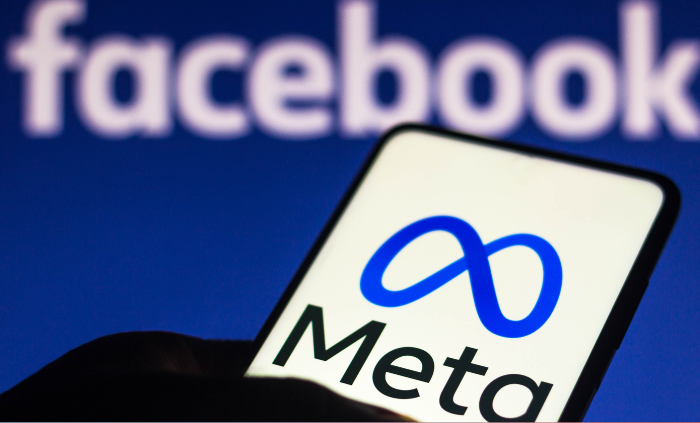APP Scam/Fraud Repayment In The UK Moves A Step Further
By SCARS Editorial Team – Society of Citizens Against Relationship Scams Inc., portions PSR
UK’s PSR Takes First Step In Implementing New APP Scam Refund/Reimbursement Requirements
Today, the United Kingdom’s Payment Systems Regulator (PSR) has published its consultation on two of its draft directions which are the legal means to put its new Authorized Push Payments APP scam reimbursement requirements in place. This marks the start of the regulator’s plans to implement new requirements that will see mandatory reimbursement for victims of APP scams.
In June, the regulator set out its requirements for tackling APP scams and improving protections for victims of these frauds. These include:
- New rules in Faster Payments – the payment system across which the vast majority of APP fraud currently takes place – strengthening Pay.UK’s ability to tackle fraud.
- All payment firms will be incentivised to take action, with sending and receiving firms splitting the costs of reimbursement 50:50.
- Customers will be more protected under consistent minimum standards, with most APP fraud victims being reimbursed within five business days and additional protections offered for vulnerable customers.
- Industry will have clearer guidance to follow, including around the ability to apply a claim excess and maximum level of reimbursement, which the PSR will consult on later this year.
The PSR said it would seek views on the legal means by which the new changes will be enforced and focuses on the detail of two of the three legal instruments.
The first requirement looks at the rule changes needed to be applied within the Faster Payments System (FPS) – which is how people can make a payment from one account to another. The second requirement focuses on making sure Pay.UK, the operator of the FPS, has an effective monitoring regime that will measure whether payment firms are consistently complying with the reimbursement requirements.
The PSR has also published the draft details of the general direction that will see all payment firms reimbursing victims of APP scams. This third direction will be consulted on separately in October.
The PSR wants these requirements to be in place for consumers as soon as possible and is proposing an implementation date of 2 April 2024. This is likely to be a challenging target for firms, and the PSR welcomes views on what is required for operational readiness but would not expect implementation to be any later than Q2 2024.
Chris Hemsley, Managing Director of the PSR says:
“This is a broad package of measures to tackle APP scams and protect victims of these frauds.
“Our directions will put clear requirements and incentives in place to not only ensure payment firms improve how they stop fraud, but also make sure victims are treated fairly.
“By consulting on these directions now, we are sending a clear signal that we are moving to implement these proposals as soon as possible.”
What Happens Next?
- In August the PSR will consult on the maximum level of reimbursement and claim excess and additional guidance on the customer standard of caution (gross negligence).
- In October, the PSR will consult on the draft general direction which will be given to all payment firms, requiring reimbursement for APP scams victims.
- By the end of 2023 the PSR will publish the claim excess and maximum level of reimbursement, additional guidance on the customer standard of caution (gross negligence) and all legal instruments.
- In 2024 the new reimbursement requirement will come into force.
Resources:
More:
- CP 23/4: APP fraud reimbursement requirement – draft legal instruments | Payment Systems Regulator (psr.org.uk)
- UK Identifies Meta As Responsible For 61% Of APP Fraud (scamsnow.com)
- Bank Account Takeover Fraud Can Happen To You! A Victim’s Story! (scamsnow.com)
- Walmart Facilitated Scams According To The FTC (scamsnow.com)
- A Proposal from SCARS to Reduce Bank Wire/Money Transfer Fraud (scamsnow.com)
- The Cost Of Global Cybercrime (scamsnow.com)
-/ 30 /-
What do you think about this?
Please share your thoughts in a comment below!
More ScamsNOW.com Articles
SCARS LINKS: AgainstScams.org RomanceScamsNOW.com ContraEstafas.org ScammerPhotos.com Anyscam.com ScamsNOW.com
reporting.AgainstScams.org support.AgainstScams.org membership.AgainstScams.org donate.AgainstScams.org shop.AgainstScams.org
youtube.AgainstScams.org linkedin.AgainstScams.org facebook.AgainstScams.org












Leave A Comment